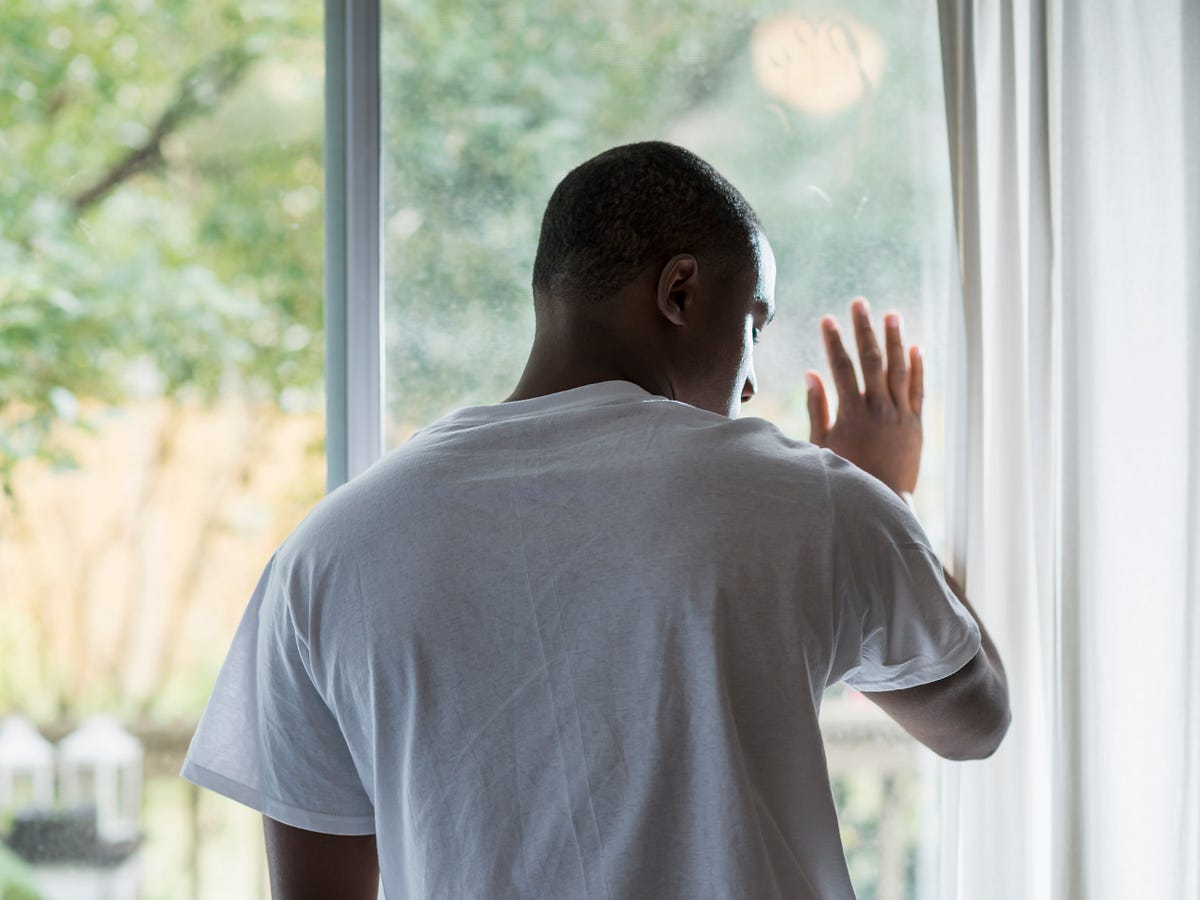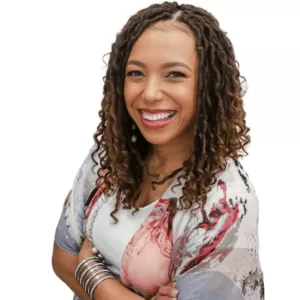Overcoming Father Wounds – with Kia Stephens
Fatherlessness is at an all-time high. The pain of growing up without a dad isn’t something that just leaves you. Today, we’re talking with Kia Stephens, author of Overcoming Father Wounds: Exchanging Your Pain for God’s Perfect Love. Kia shares her story of what life was like growing up with an absentee father and the road she walked to forgiveness. You’ve likely heard of daddy-less daughters and fatherless families. But what isn’t often talked about is what is required on the part of the abandoned child (who is likely now an adult) to bring healing and wholeness to their life.

Abandonment Breeds Rejection
Kia acknowledges the rejection she felt by her father’s abandonment. Without a doubt, abandonment breeds the seed of rejection in our lives. Many grown men and women today are still hurting from the rejection they felt once their dads left. Typically, fathers provide a deeper level of identity and affirmation to a child, so when he is not there, that child is left with wounds that are hard to heal. Kia calls these affirmation wounds, love wounds, and acceptance wounds. But what about moms? Can’t moms fill in the gaps for the gaps absentee fathers leave? Unfortunately, no. Though the role of mom is very important, it’s the covering of a father that most children crave.
Rejection makes us feel unwanted. Kia tells a story of a friend who casually mentioned building a bookshelf with her dad. The pain of that simple story made such an impact on Kia as she realized she would never build anything with her own dad. There would be no camping trips, long conversations, or other “normal” things that many girls that did have their fathers around would experience. And there again, the cycle of rejection is solidified.
Physically Present But Emotionally Absent
Maybe your father was physically present but emotionally absent. That can hurt just as bad, and sometimes even worse. If you grew up with a father who was an alcoholic or other kind of addict, emotionally absent, abusive, etc., you likely dealt with the same father wounds. Let this be a charge to the fathers who are still present in the home: proximity doesn’t equal presence. Being present is being fully vested in the relationship: body, mind, and soul.
Forgiveness is the Key
The only way to heal the wound of fatherlessness is through forgiveness. Kia talks about the process she had to walk through to forgive her father. And hear me, forgiveness is not optional. I know that it’s hard, but forgiveness is not just for the other person, but ultimately for you. When you forgive, you set yourself free from the shame, the pain, the loss, the sorrow, the anger, and the need to retaliate. You become free even if/when the other person can’t or won’t acknowledge what they did to you. Kia was encouraged to write a forgiveness latter: basically a letter “getting it all out there.” The caveat is that you don’t actually send the letter to the person who harmed you (in this case, your father), but you use it as a powerful tool of asserting your feelings, thoughts, and emotions. Again, forgiveness is for you.
ALSO LISTEN TO: The Power of Forgiveness: Release Them, Restore You
There’s much more to this episode! Be sure to listen to the episode in full.
Links Mentioned in this Episode
Get Kia’s book Overcoming Father Wounds
Learn more about Kia at kiastephens.com.
How Connected of a Partner Are You? Take the Free Quiz!
SUBSCRIBE | SHARE | RATE | COMMENT
To ensure you never miss an episode, be sure to subscribe on Apple Podcasts, Google Play, Spotify, Stitcher, iHeart Radio, or wherever you listen to podcasts. Remember, sharing is caring! So, share these episodes with your friends and family via email or social media.
Support the show: https://danache.com/donations/support-the-show/
Discover more Christian podcasts at lifeaudio.com and inquire about advertising opportunities at lifeaudio.com/contact-us.


